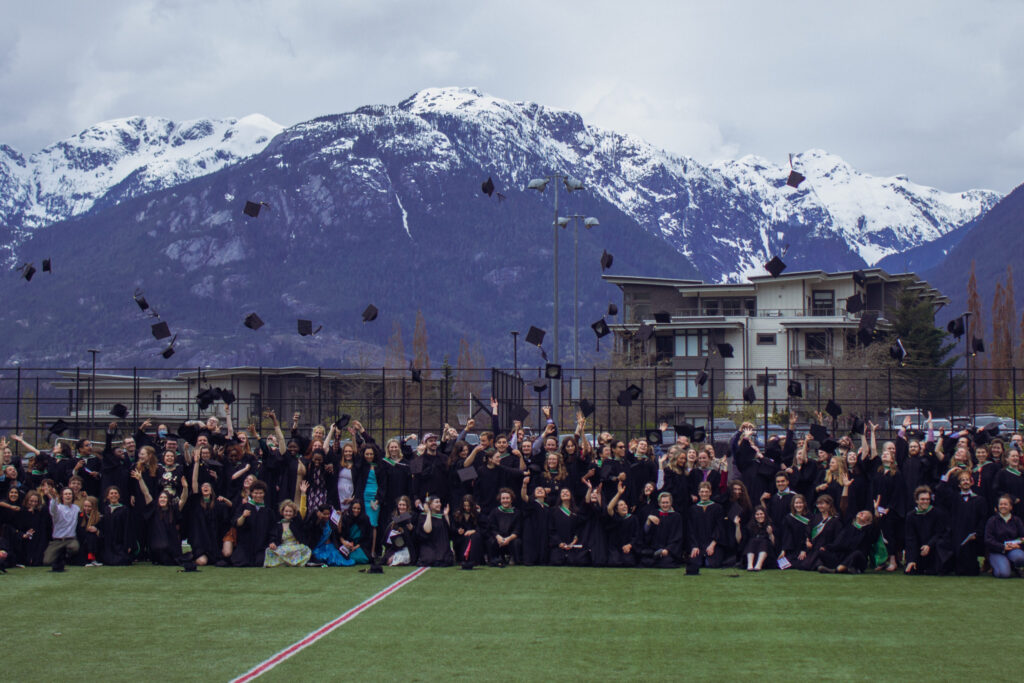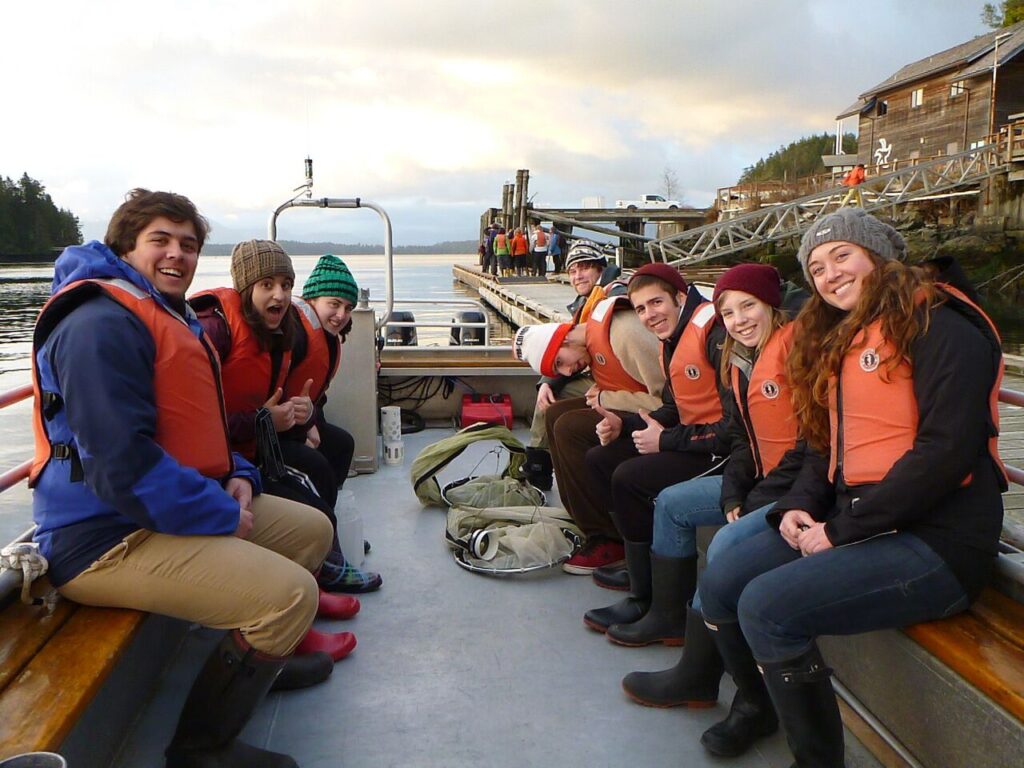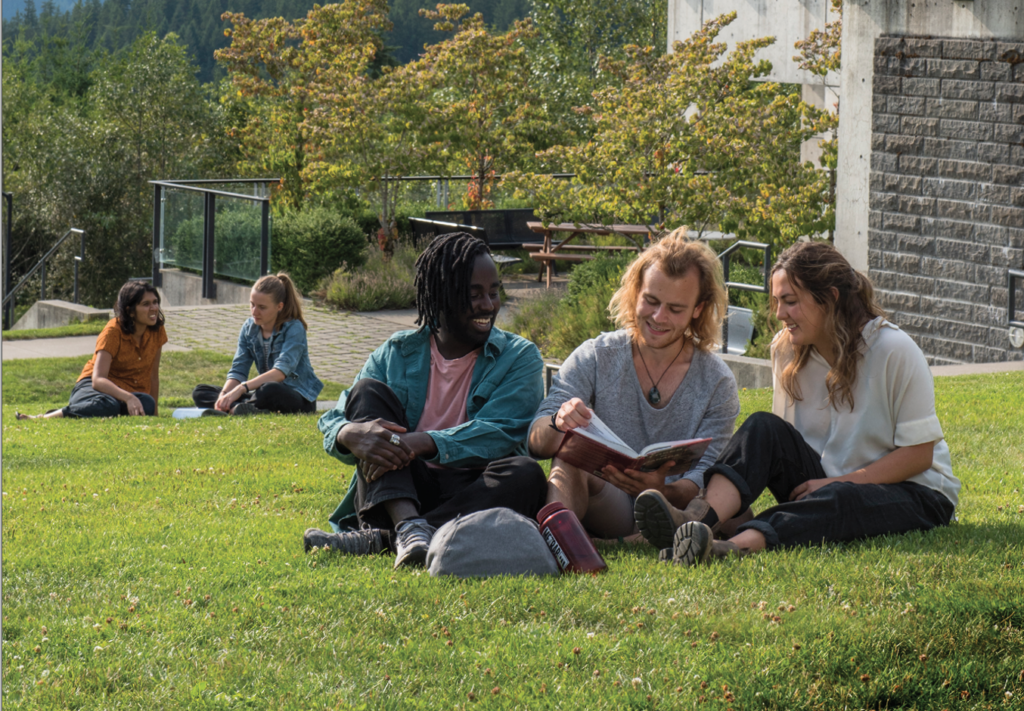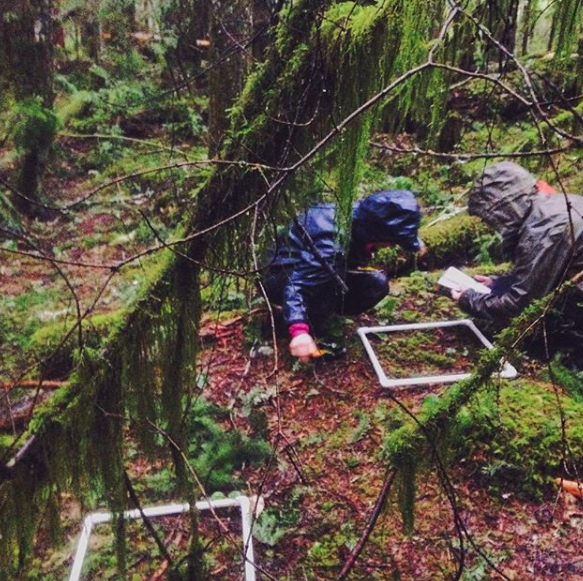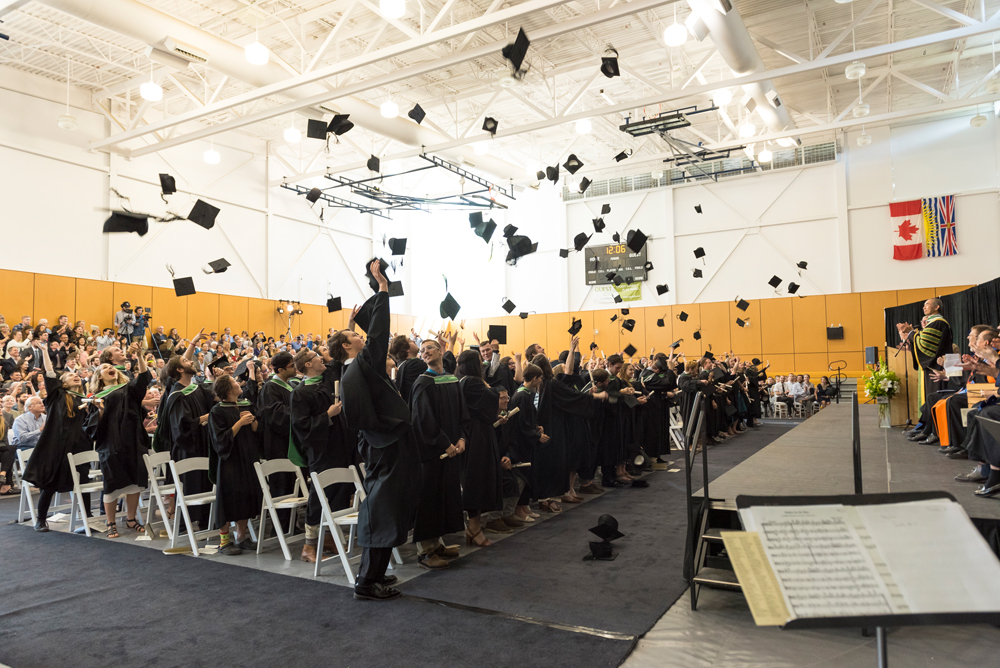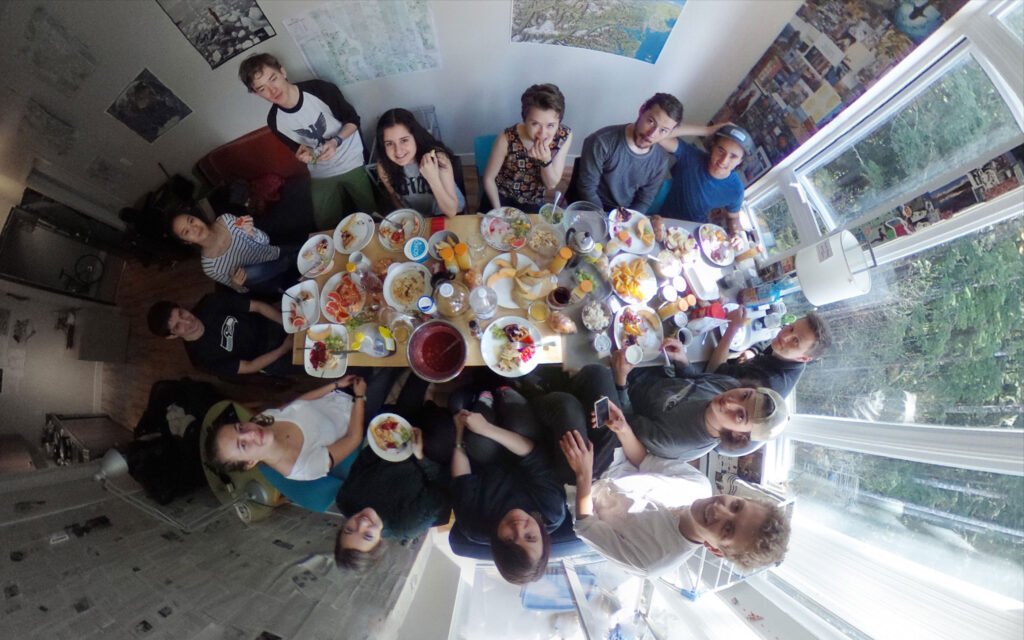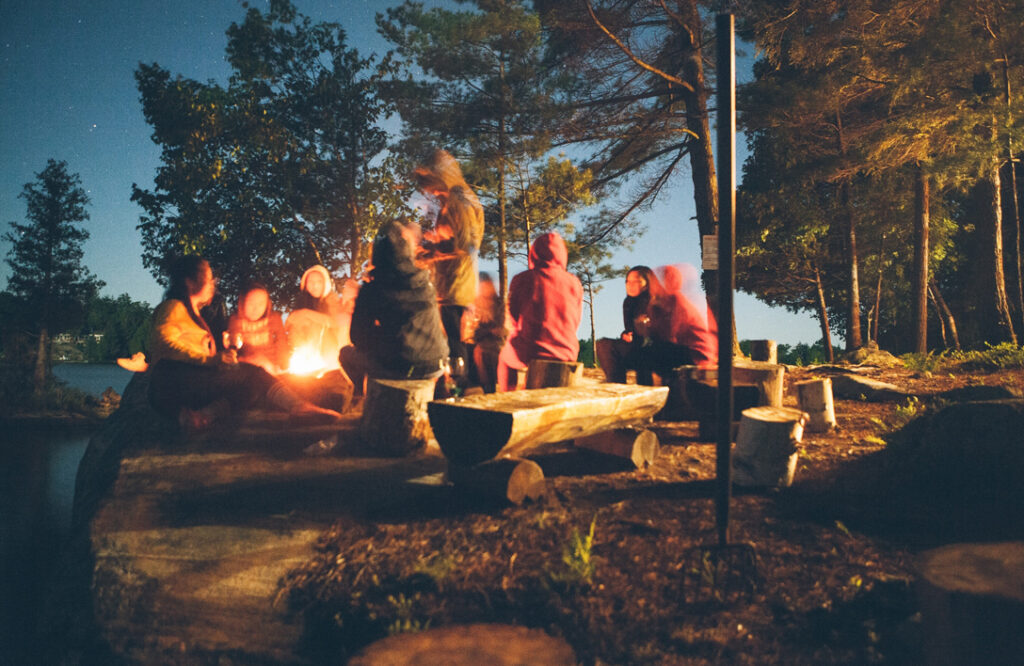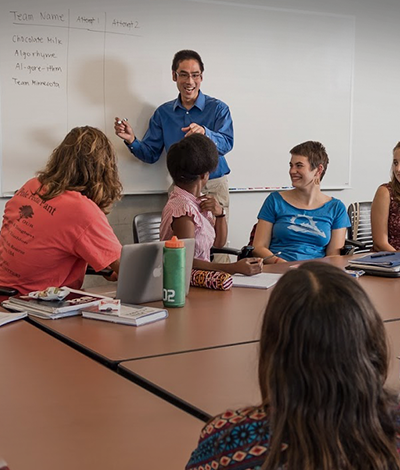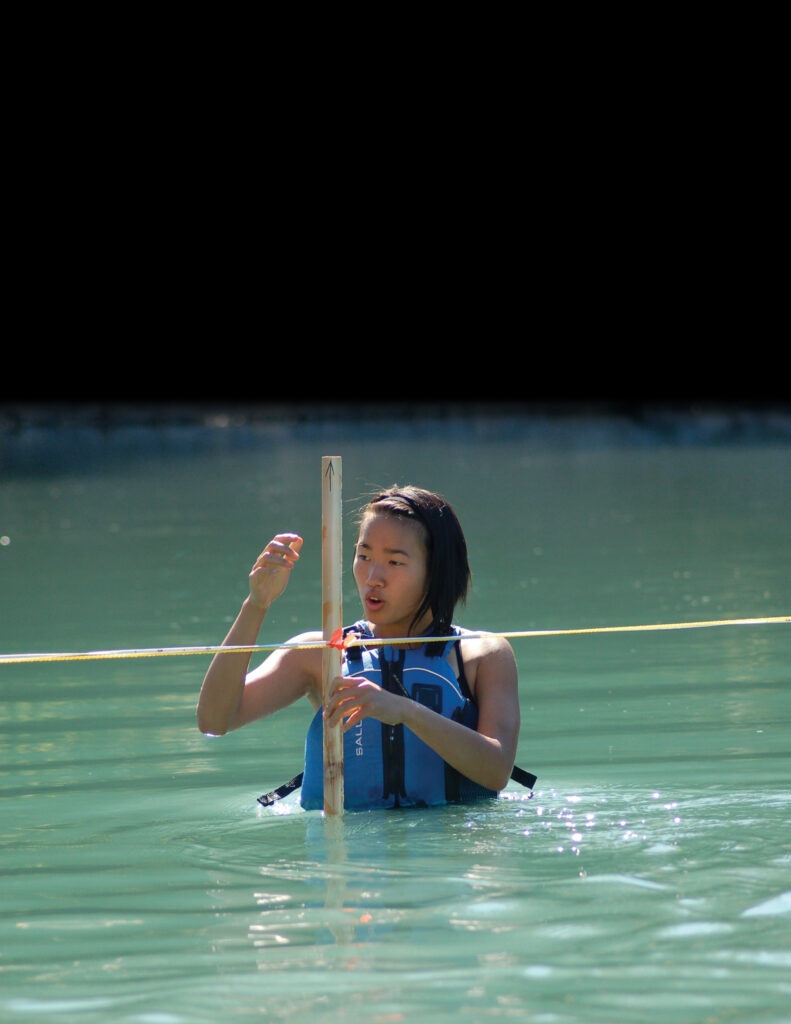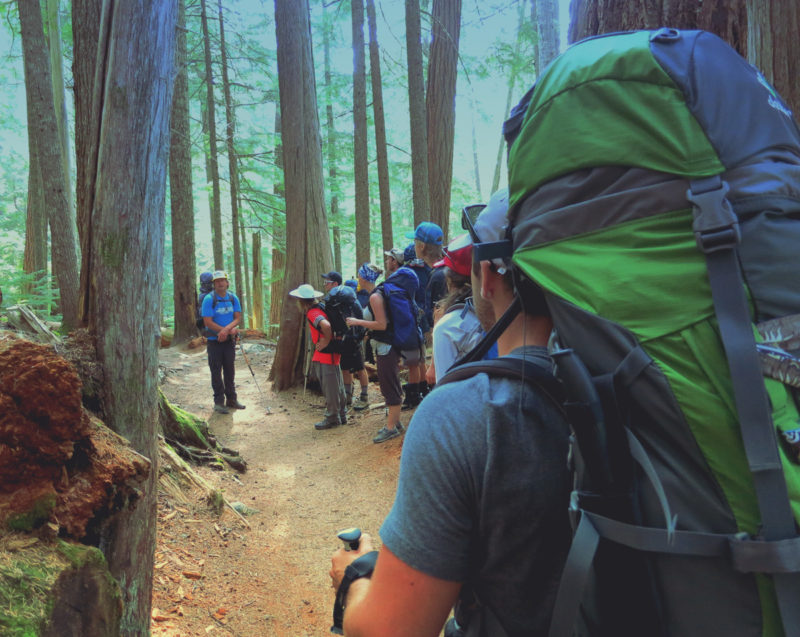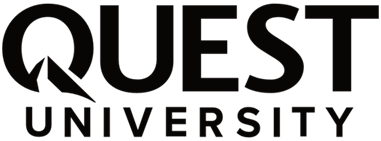We Continue to Plan for the Future
The Board of Governors remains steadfast in their commitment to restructuring both finances and operational frameworks, aiming to lay a solid foundation for Quest University Canada’s future endeavors. With a strategic focus on sustainability and academic excellence, they are dedicated to rebuilding the University’s capabilities, ensuring it continues to offer relevant educational opportunities to future students. This rigorous approach to revitalization is a testament to the Board’s dedication to the university’s long-term success.
